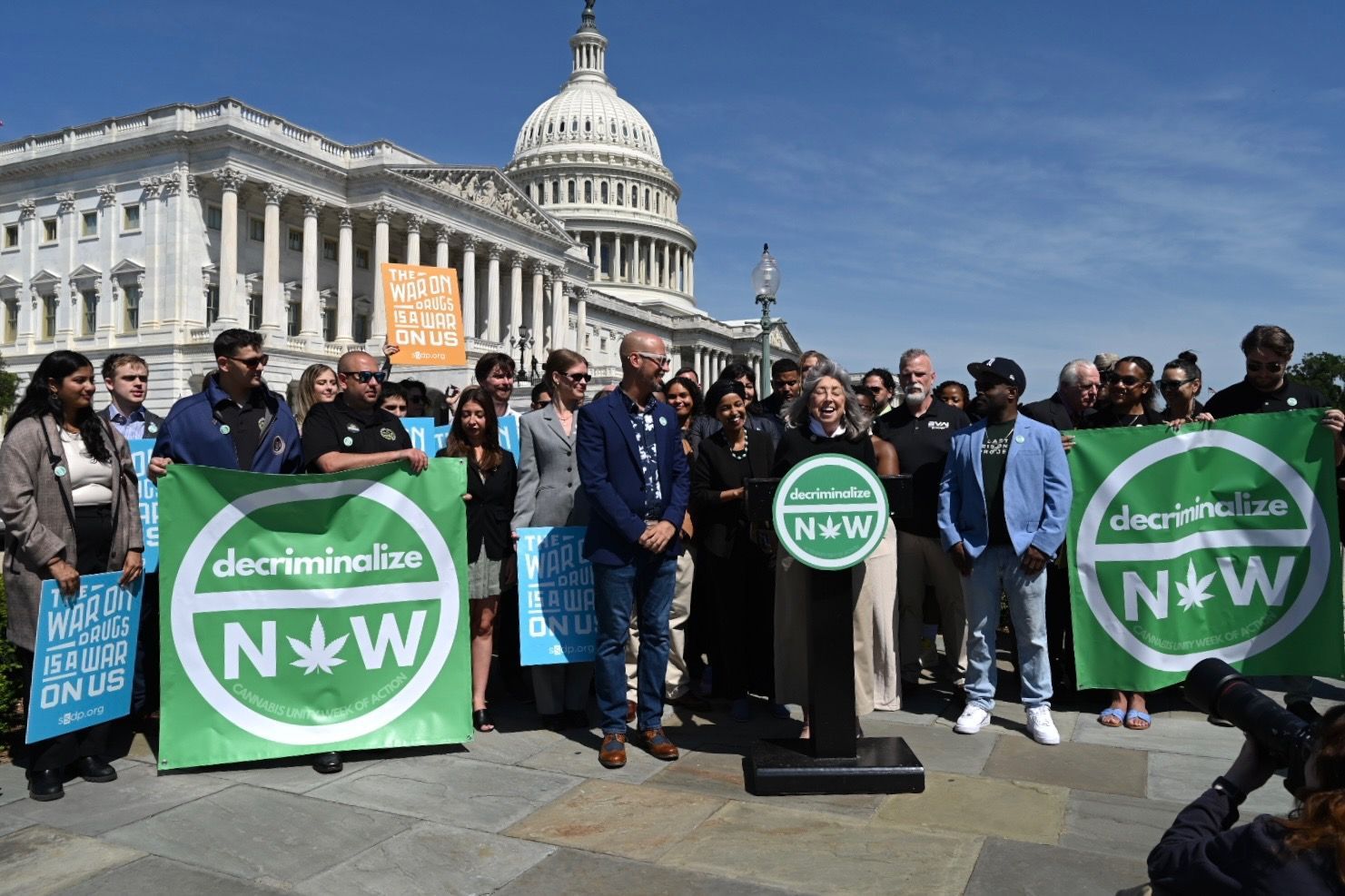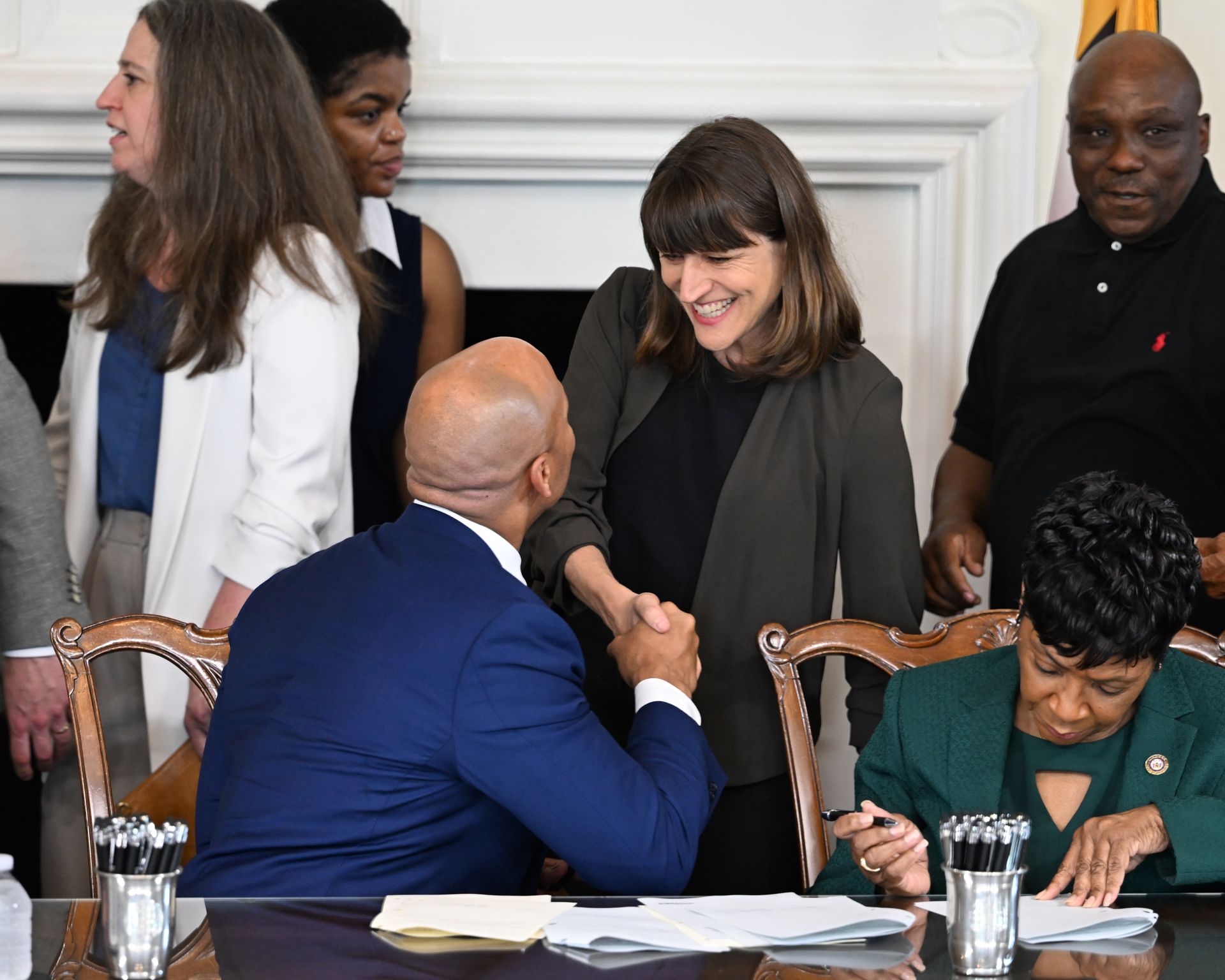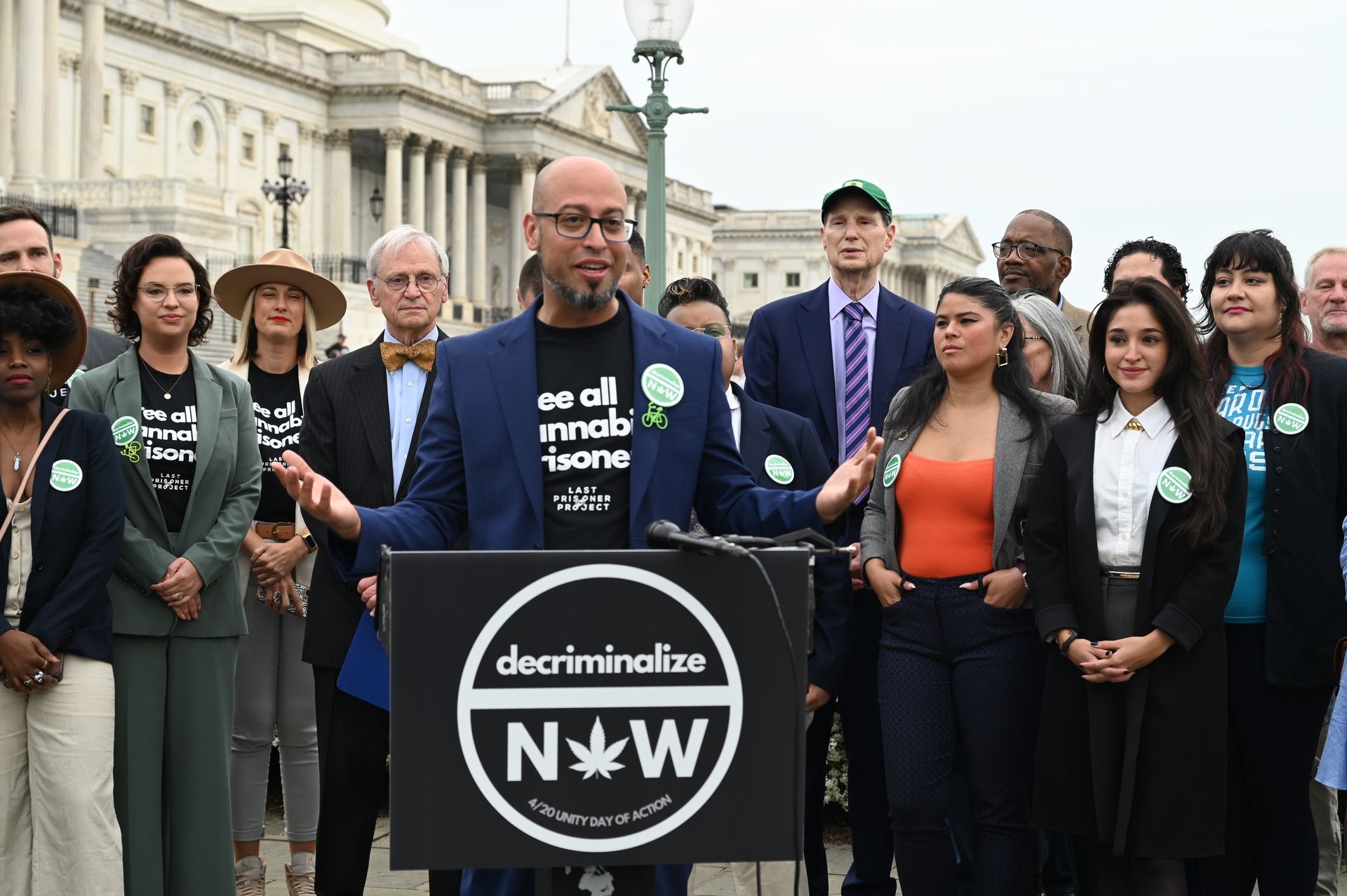Recent Industry Arrests Highlight Differences in State and Federal Cannabis Enforcement
You Can Support Jason Hanley' GoFundMe Here
You Can Support Jumal George's GoFundMe Here
In recent months, the legal cannabis landscape has been marked by the contrasting experiences of industry insiders, notably Jumal George and Jason Hanley. These cases bring to the forefront the intricate relationship between state and federal cannabis regulations in the United States. Despite New York's progressive stance on cannabis, George's arrest for driving without a license evolved into a complex legal entanglement involving extradition to Pennsylvania for a cannabis-related charge. The ordeal underscores the dissonance between state-level acceptance of cannabis and the persistent federal scrutiny that individuals within the industry continue to face.
On the other side of the country, a federal raid on Jason Hanley's Care Waialua medical marijuana farm in Hawaii amplifies the challenges faced by state-sanctioned operations. Hanley, a retired U.S. Fish and Wildlife Service Biologist and a staunch advocate for medical cannabis patients finds himself grappling with uncertain federal charges. The impact is not just legal but extends to the well-being of nearly 1,000 patients who relied on Care Waialua for their medical marijuana. These cases collectively highlight the intricate dance within a patchwork of state and federal regulations that individuals in the legal cannabis industry must navigate, often with profound consequences.
Jumal George's situation in New York encapsulates the complexities faced by those operating in the burgeoning legal cannabis sector. Despite the dismissal of charges by the state, George remains confined in Rikers Island, awaiting extradition to Pennsylvania on a felony cannabis edible charge. The legal quagmire exposes the sharp disparities between neighboring states and the incongruities in the enforcement of cannabis laws. George's commitment to the legal cannabis industry and his potential legal battles underscore the need for a more harmonized and comprehensive approach to cannabis legislation.
In Hawaii, Jason Hanley's Care Waialua served as a testament to the potential success of state-regulated medical cannabis operations. However, a federal raid disrupted the lives of patients who depended on the farm for their medical needs, many of whom are elderly, individuals in hospice, and veterans. The clash between state and federal law comes into sharp relief, raising questions about the priorities of federal agencies in targeting operations that seemingly comply with state regulations. Hanley's background as a retired U.S. Fish and Wildlife Service Biologist and disabled army veteran adds a layer of complexity to a case that transcends legal nuances, emphasizing the human impact of federal cannabis enforcement
Amidst the legal battles of George and Hanley, it is important to continue advocating for the release of individuals incarcerated for non-violent cannabis offenses and highlight the broader implications of inconsistent cannabis laws. George and Hanley's cases become emblematic of the systemic issues perpetuated by an outdated legal framework. Last Prisoner Project (LPP) emphasizes the urgent need for comprehensive reform to address not only the disparities faced by industry insiders but also the injustices endured by those still incarcerated for non-violent cannabis-related offenses.
The discrepancies in state and federal cannabis regulations are evident in the contrasting circumstances faced by George and Hanley. George's arrest in a state that has embraced cannabis legalization highlights the paradox of individuals facing charges for activities deemed legal in one state but not another. Hanley's raid by federal agencies on his state-sanctioned farm underscores the perceived hypocrisy in the selective enforcement of federal cannabis laws. These discrepancies reflect the broader challenges facing the cannabis industry, necessitating a reevaluation of federal policies to align with the evolving landscape of state-level acceptance.
As the stories of Jumal George and Jason Hanley unfold, they serve as poignant reminders of the urgent need for comprehensive cannabis reform in the United States. The disparate experiences of individuals operating legally within state boundaries yet vulnerable to federal intervention highlight the inadequacies of the current legal framework.
LPP wants to underscore the imperative for a more coherent and just approach to cannabis regulation. The evolving narrative of the legal cannabis industry needs to focus on ensuring no one continues to be criminalized for cannabis and harmed by the War on Drugs.






